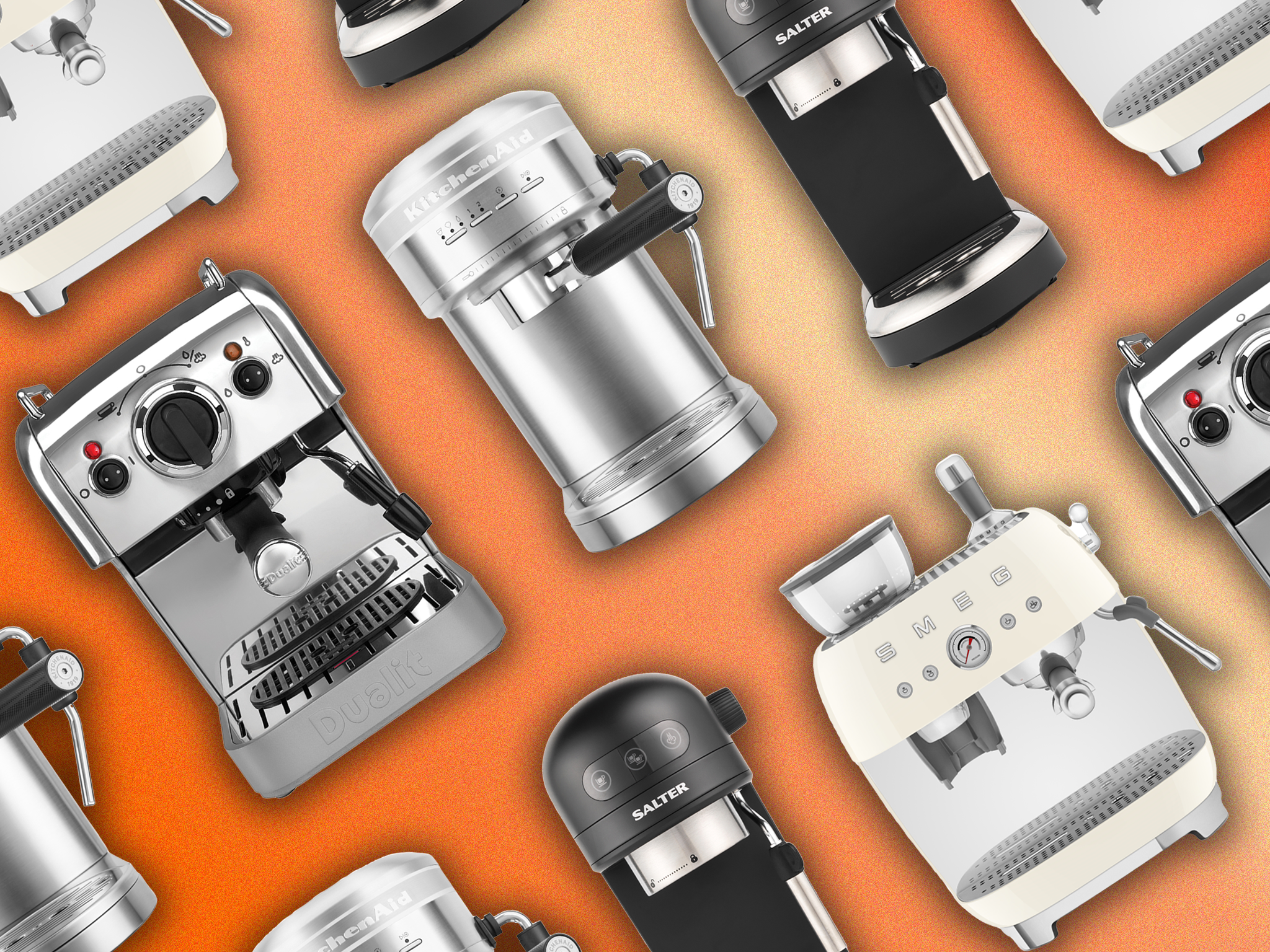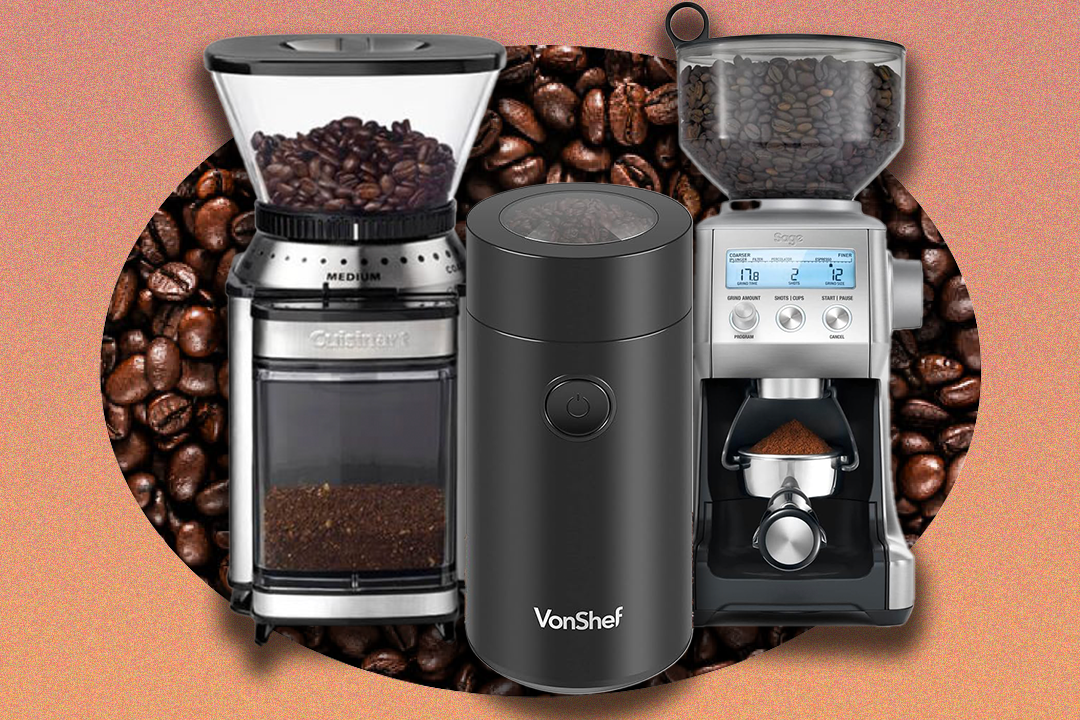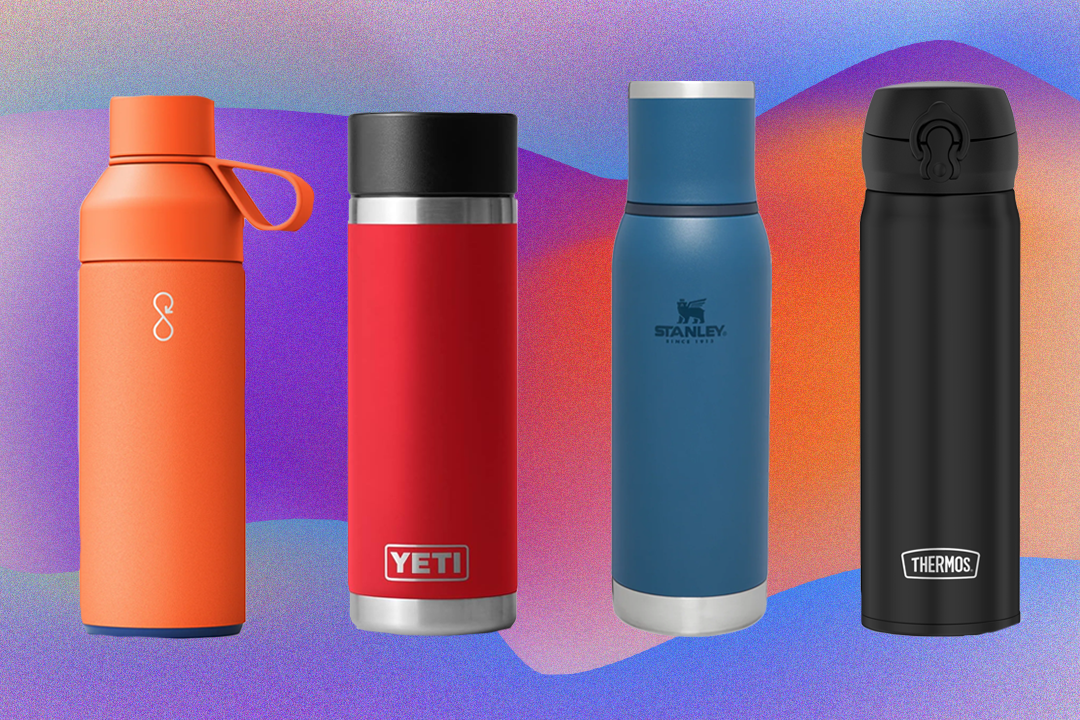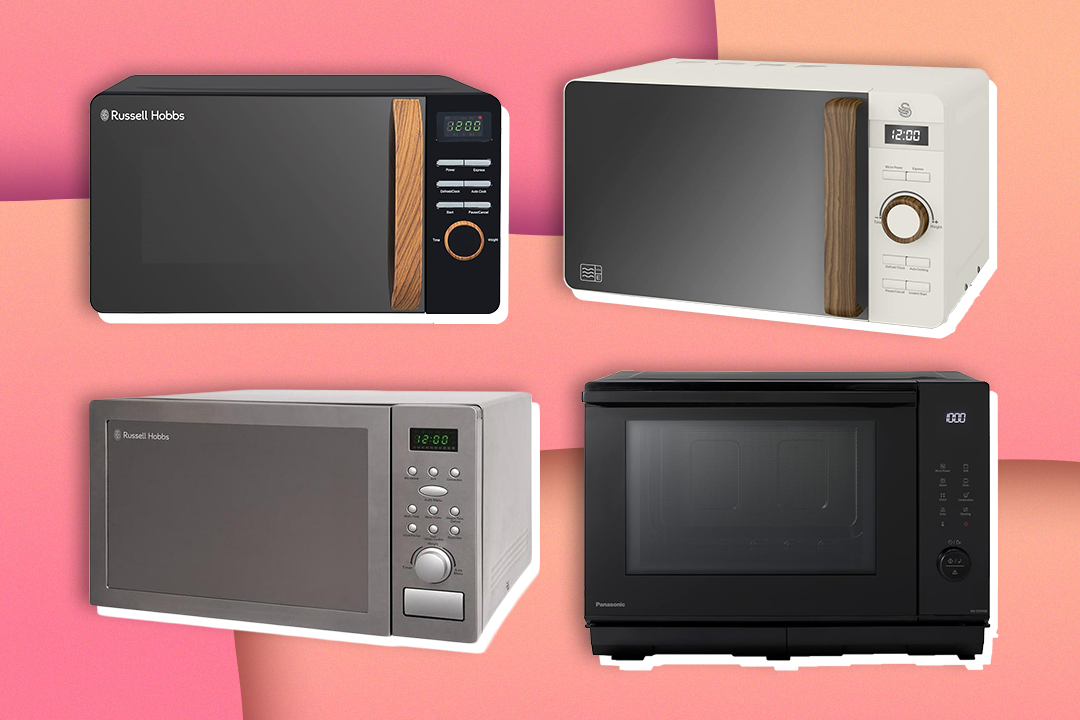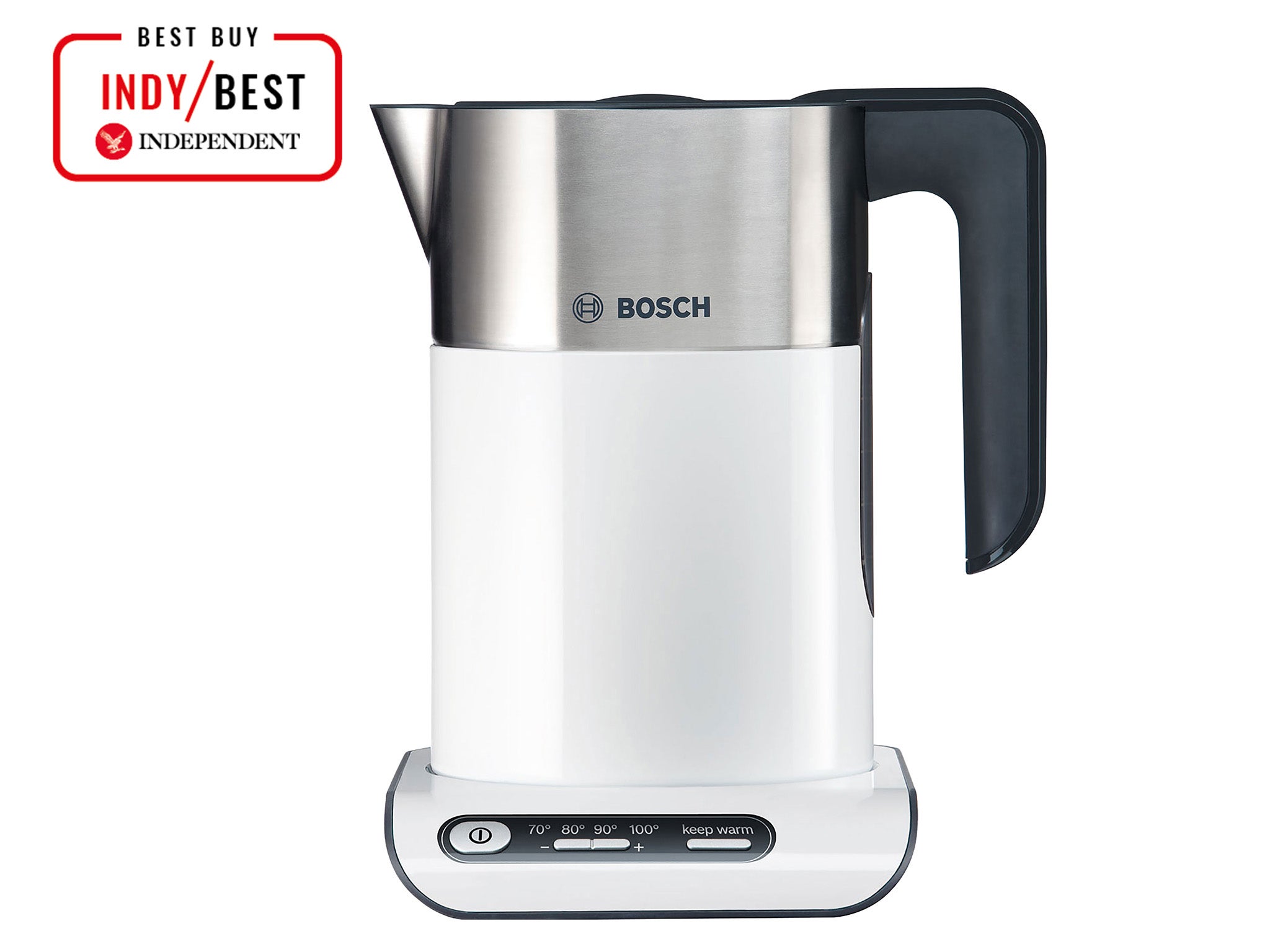
The Independent's journalism is supported by our readers. When you purchase through links on our site, we may earn commission. Why trust us?
11 best kettles, tried, tested and brewed for a proper cuppa
From Philips to Swan, these are the best kettles, tested and reviewed by our experts
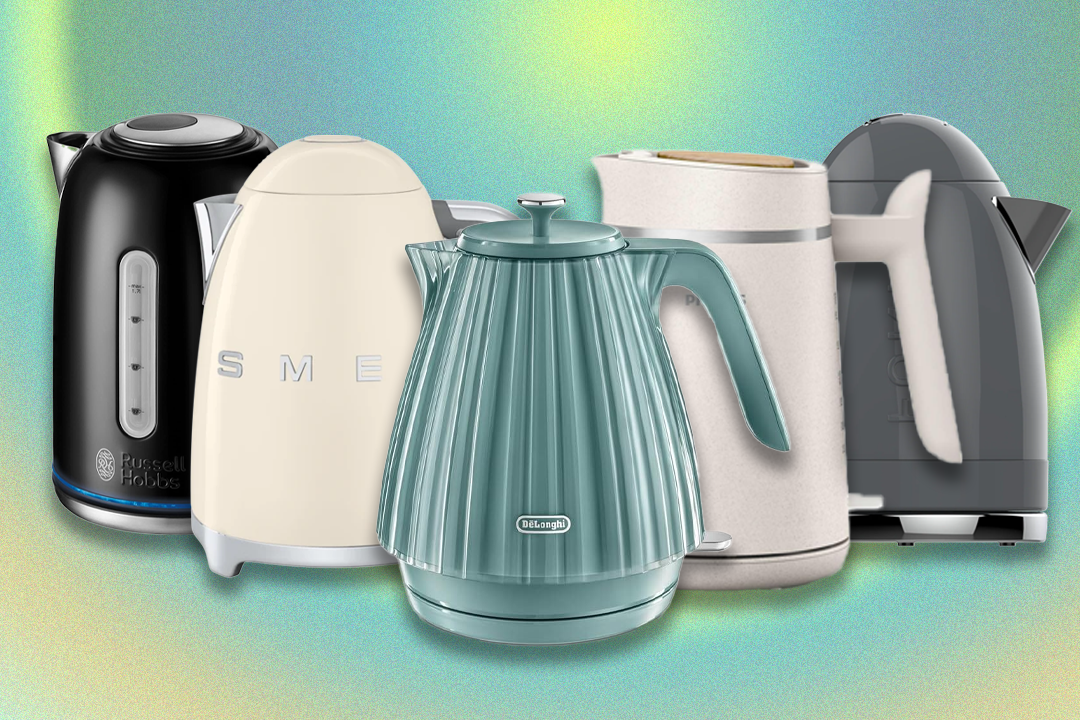
 Best overallBosch styline TWK8631GB kettle with temperature selector, white/stainless steel Read review£78
Best overallBosch styline TWK8631GB kettle with temperature selector, white/stainless steel Read review£78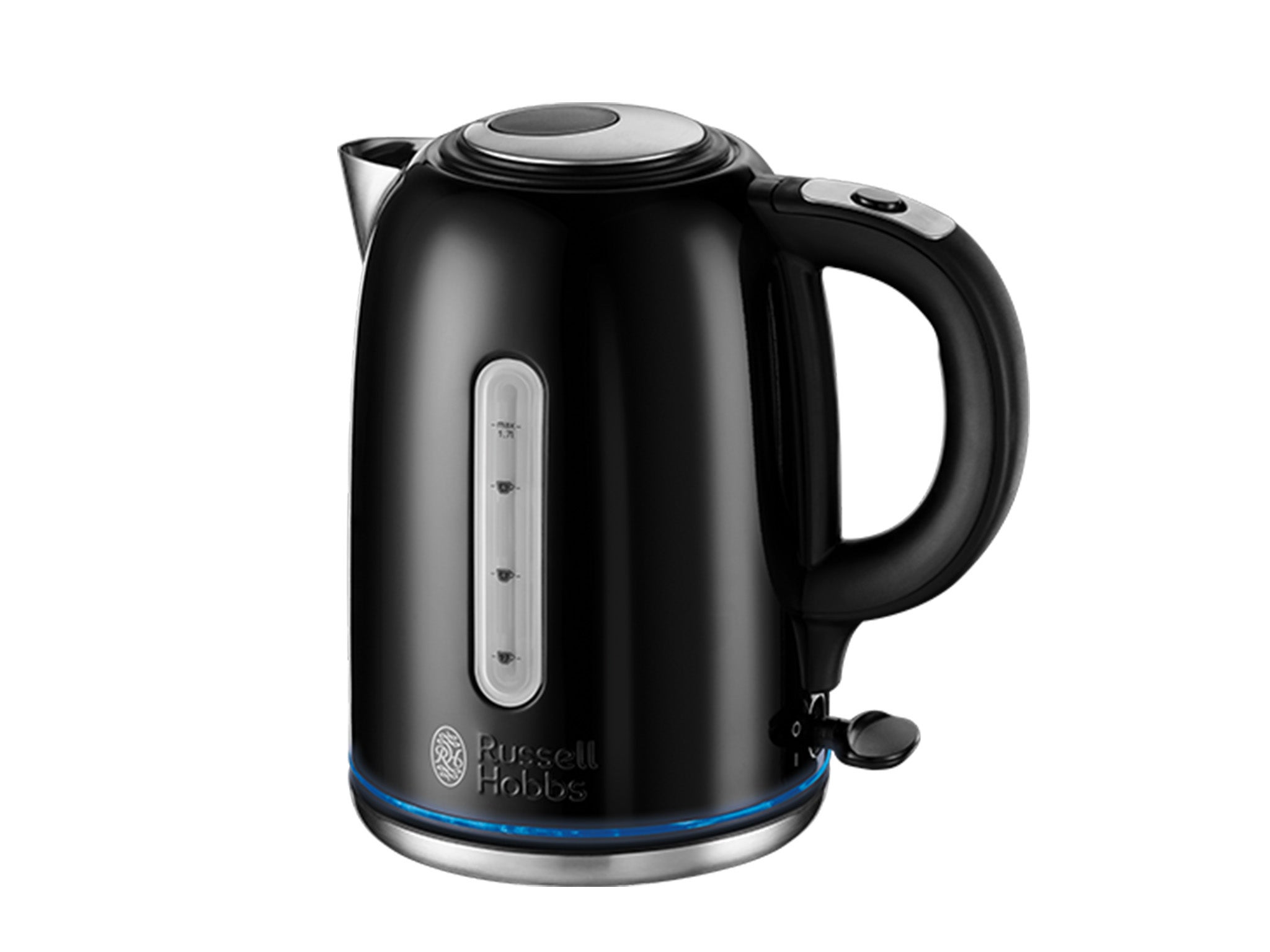
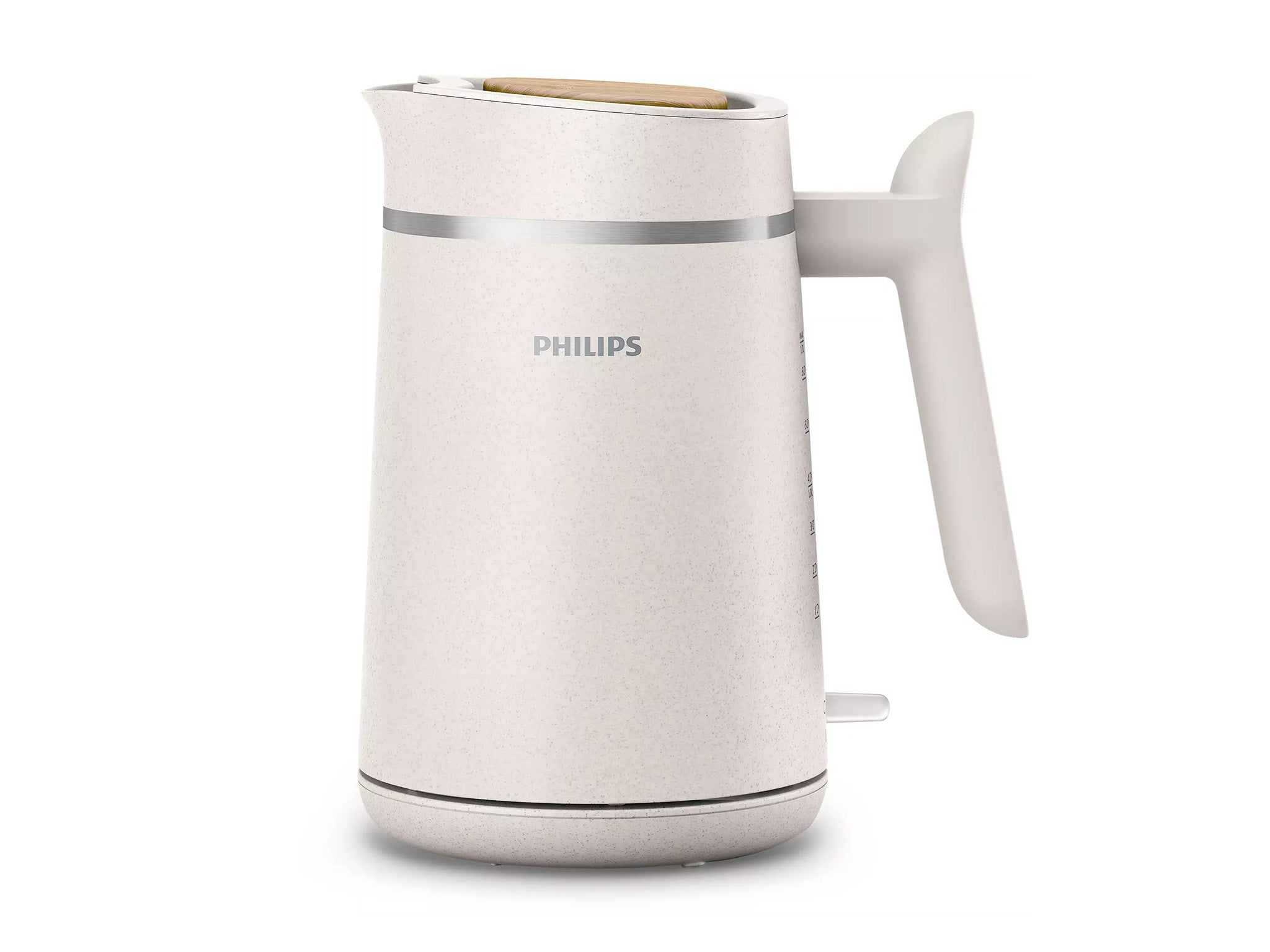

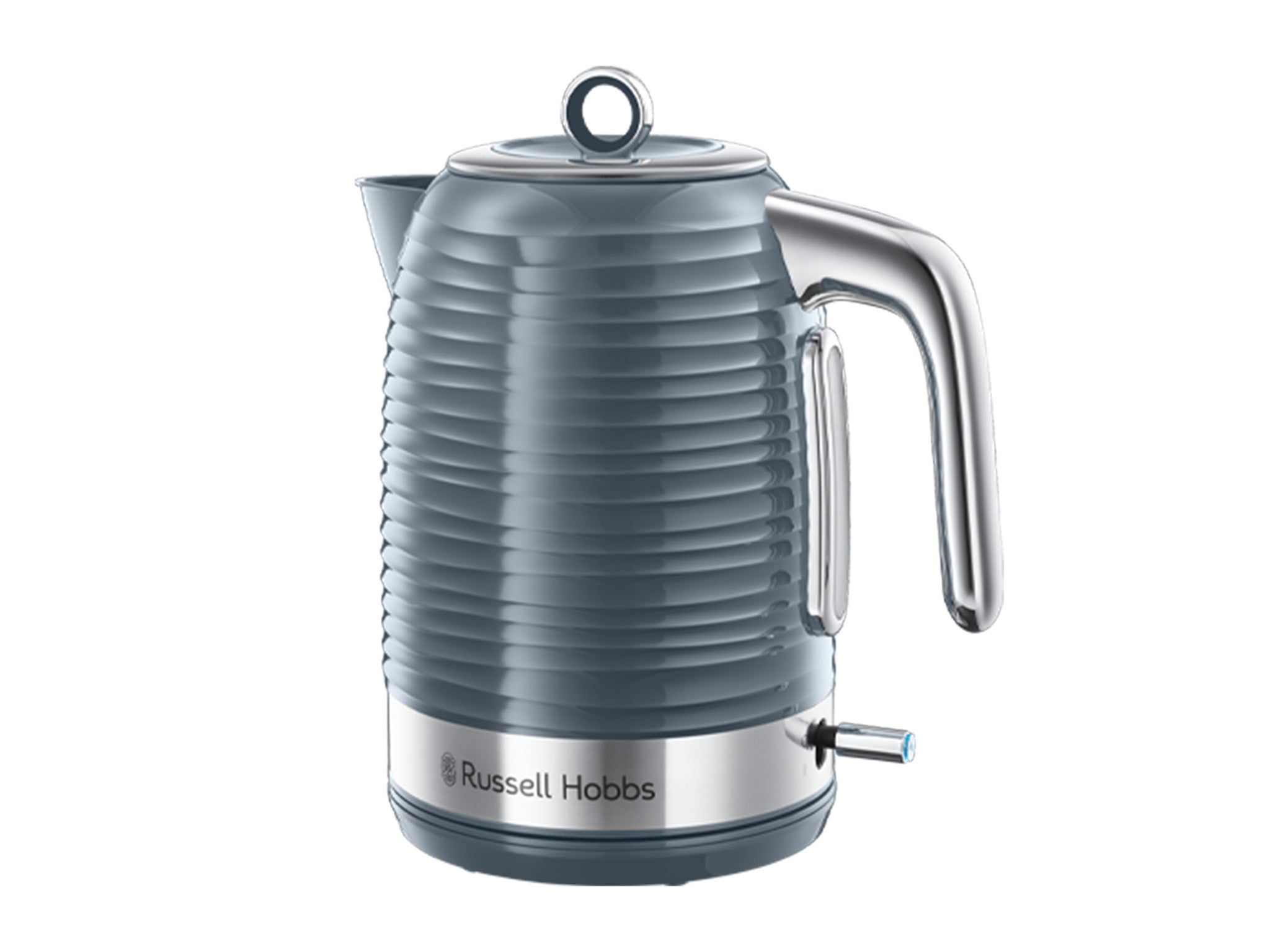

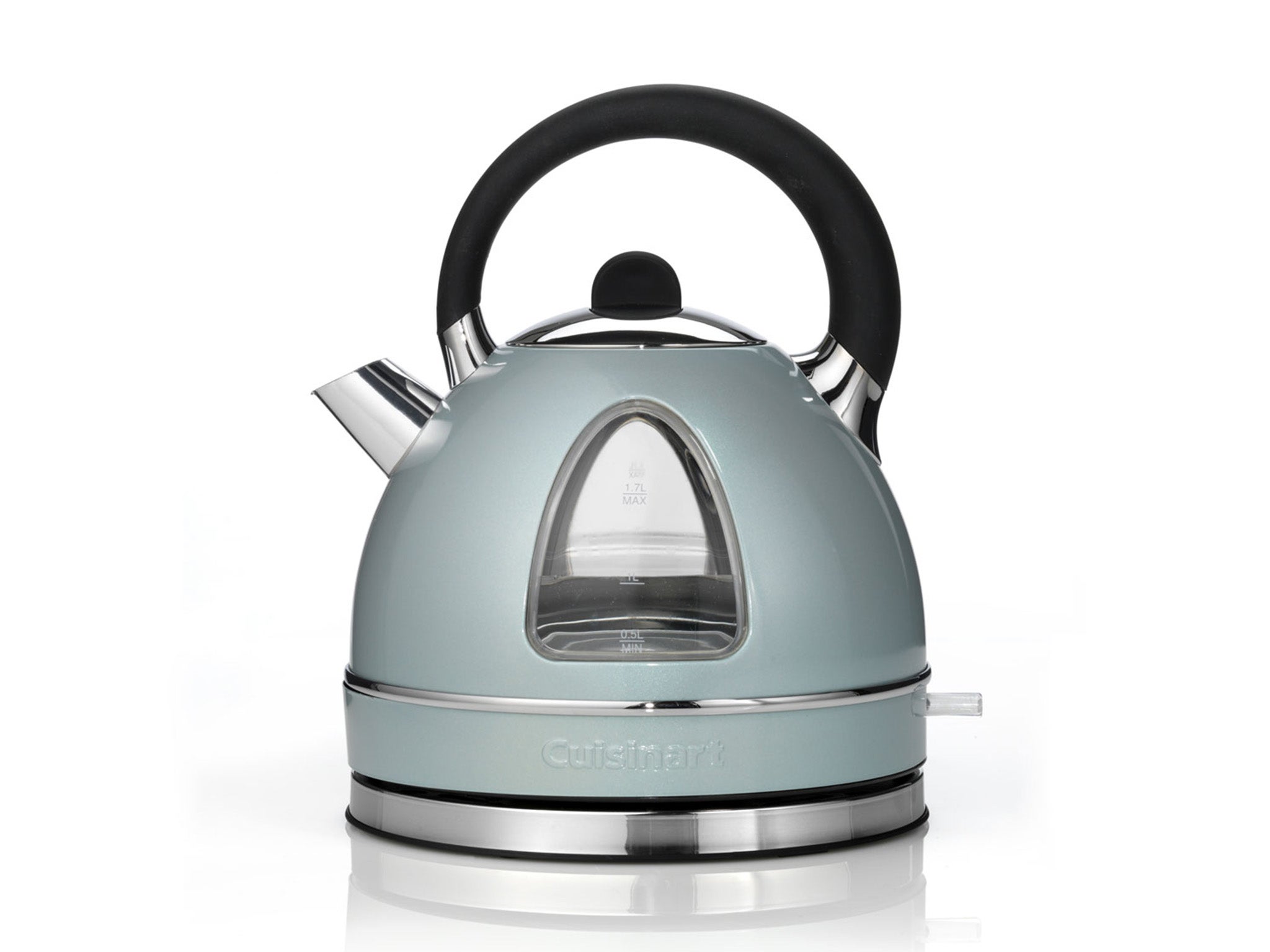
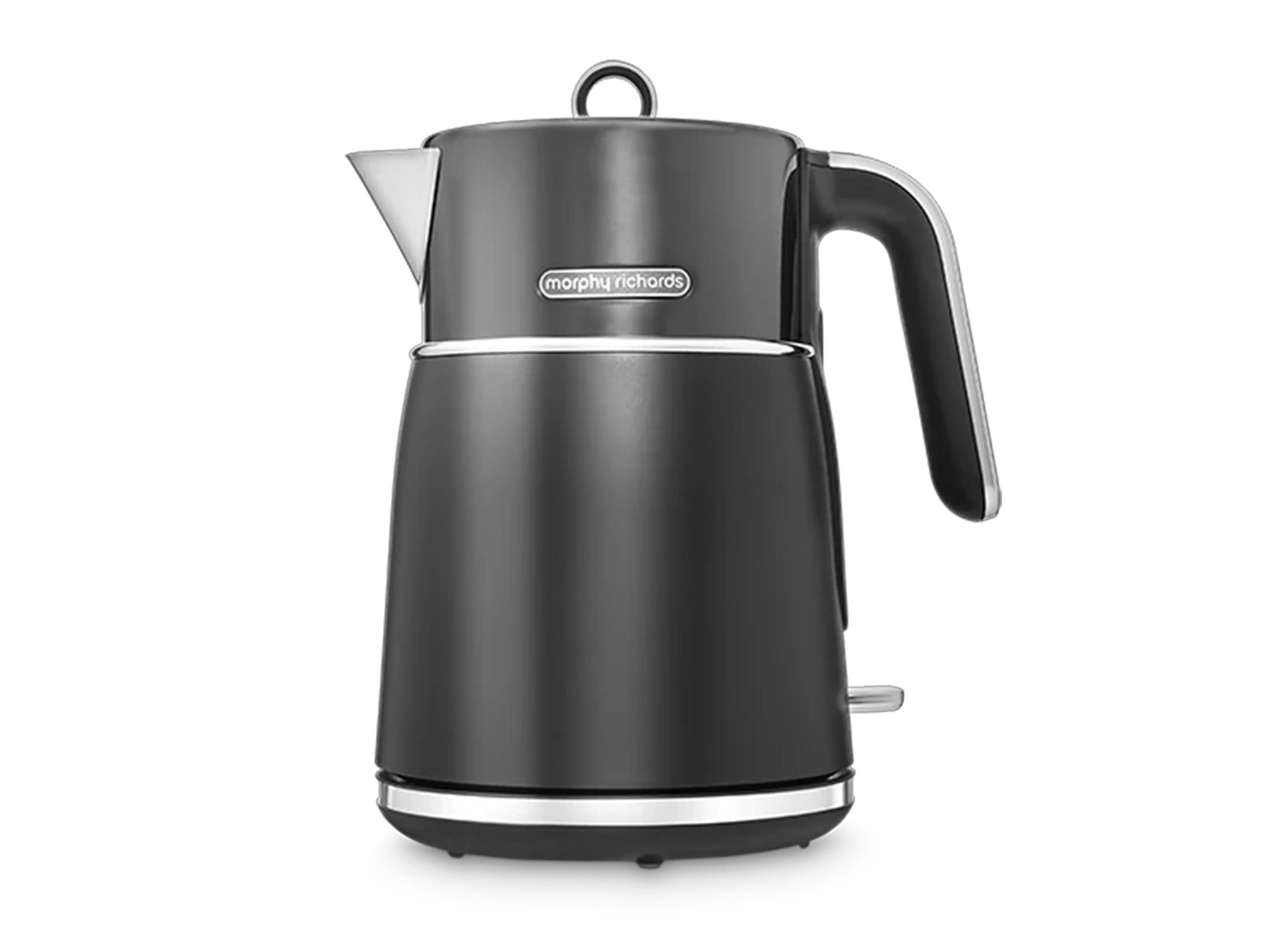
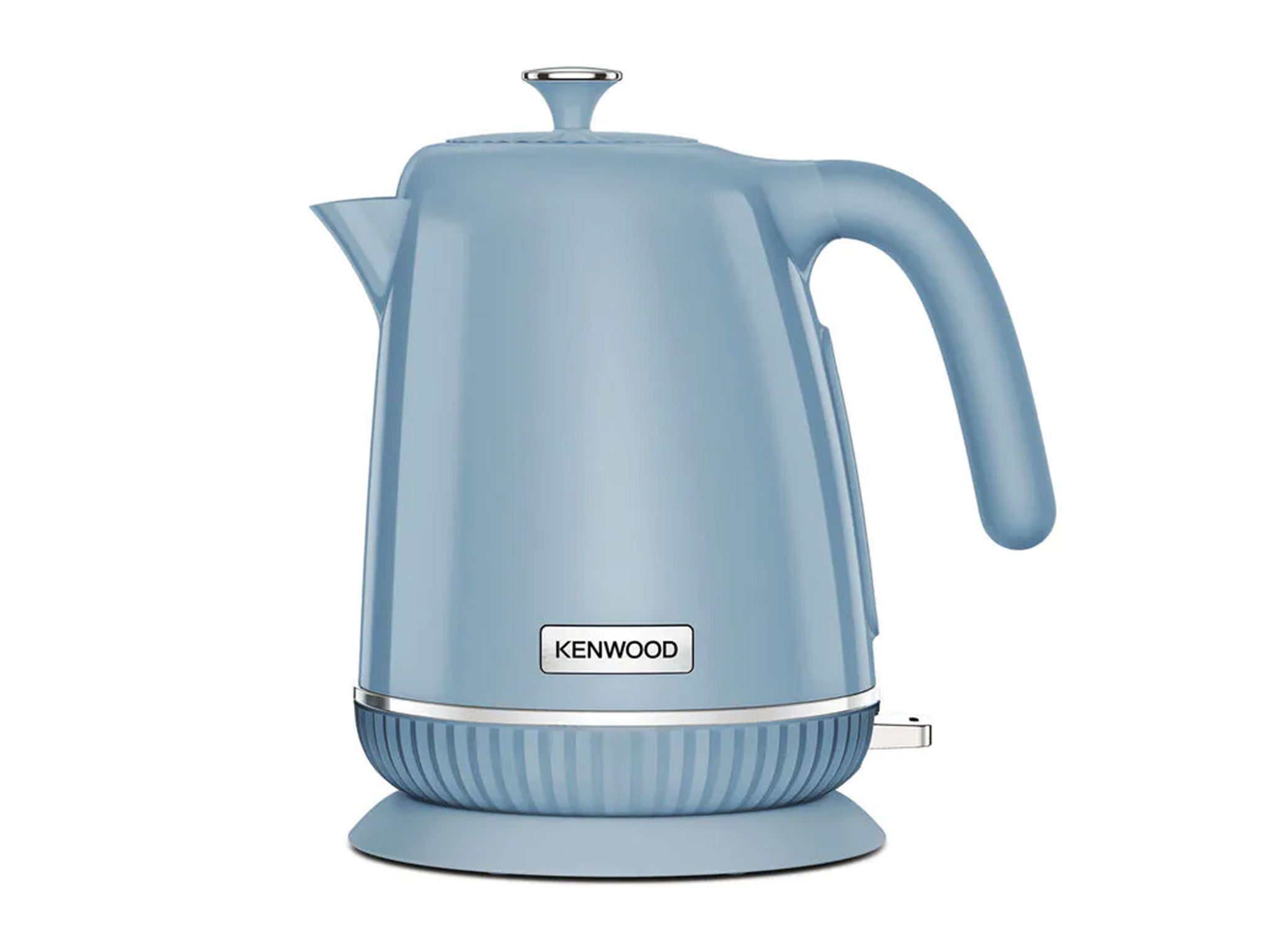
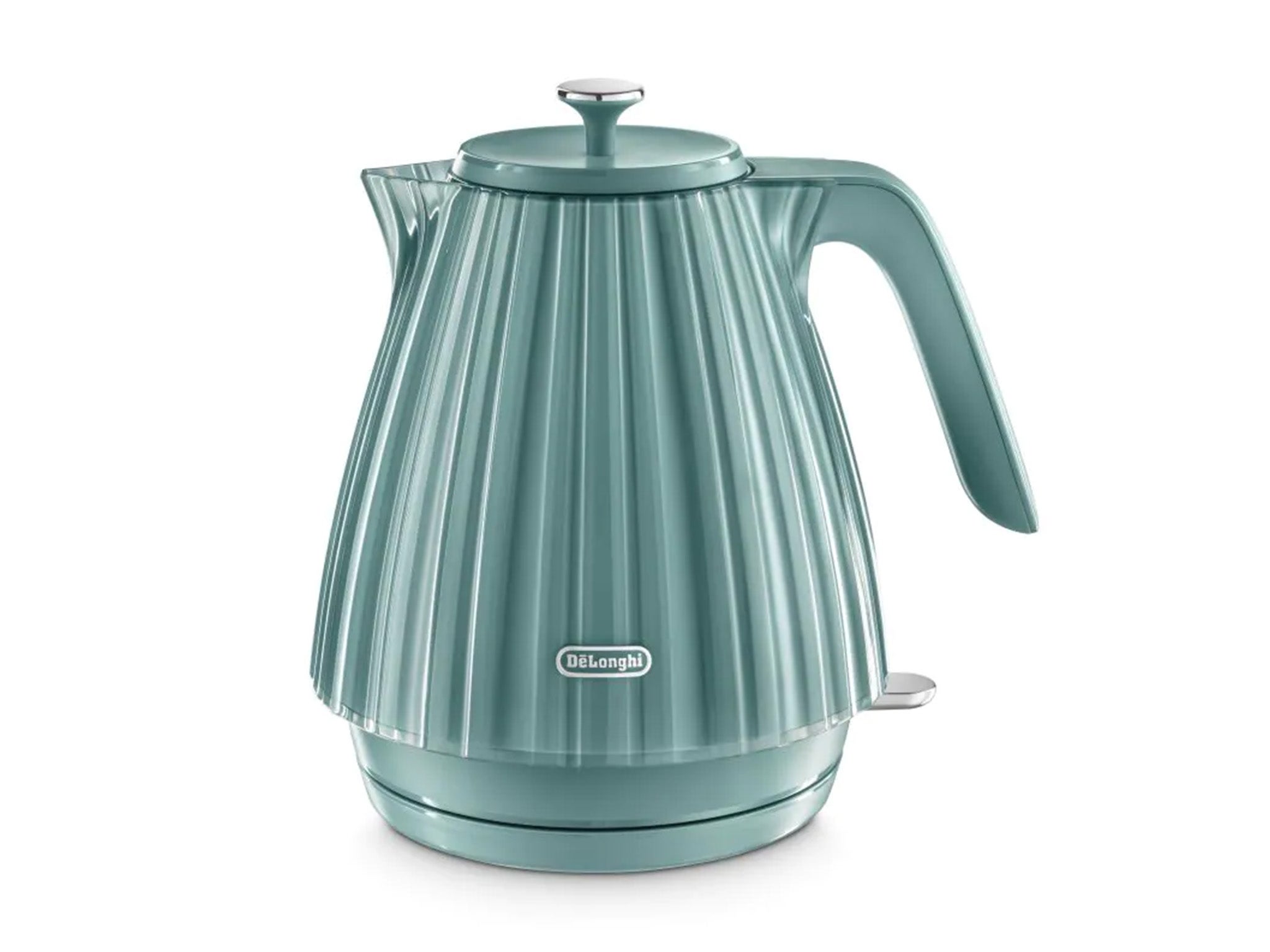
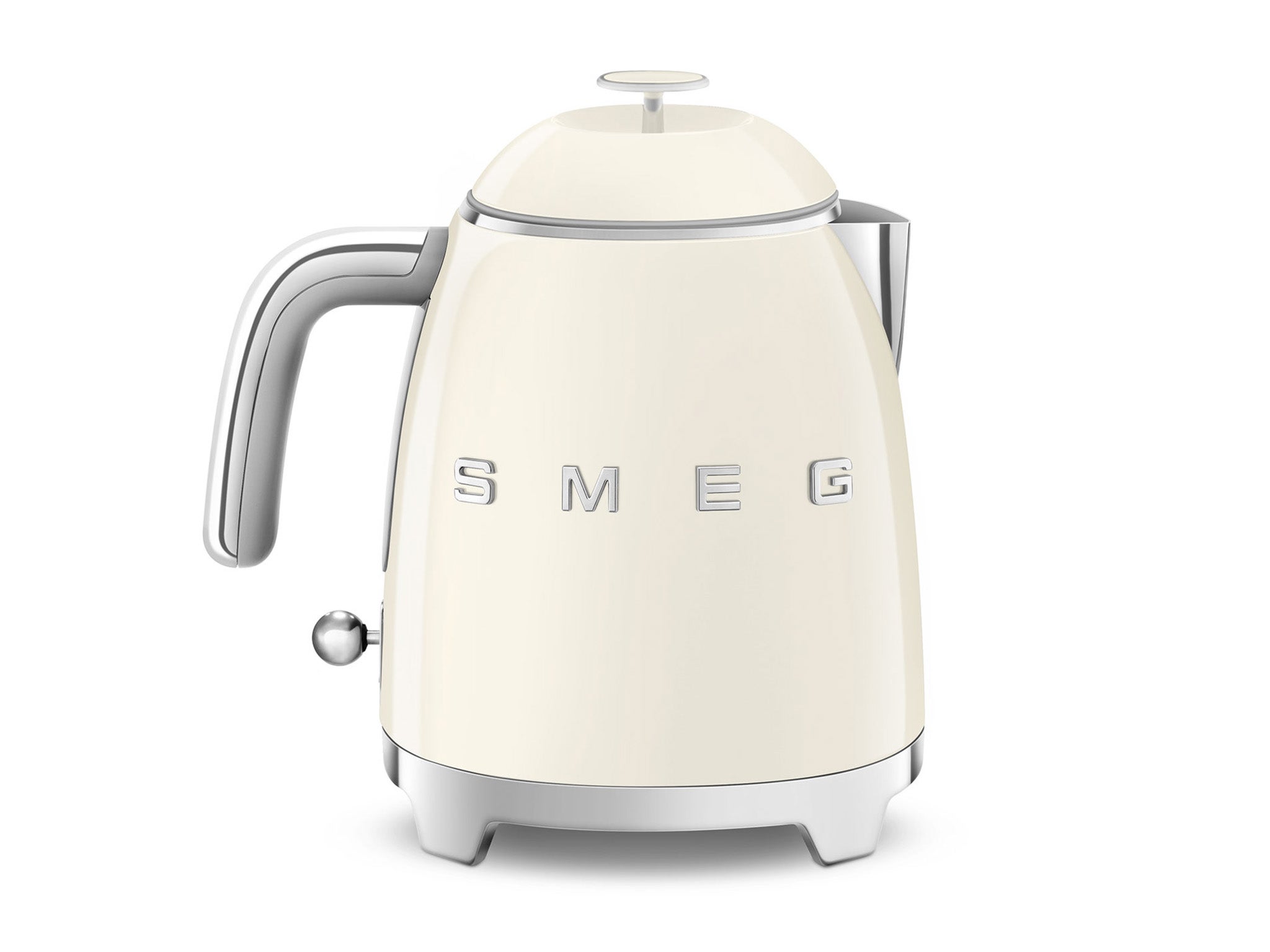
For a long time, a kettle’s job was simple: boil water. Fast forward to today, and choosing the best kettle for your kitchen means considering a raft of clever features, from temperature controls and coffee and tea settings, to keep-warm functions and built-in filters that promise to banish limescale and purify your water.
But do you really need your kettle to have more settings than your car? And which features are actually worth paying extra for? We’ve boiled down the options to help you find the best kettle for your budget and brewing needs.
Before you think about adding a new kettle to your online shopping basket, it’s worth giving your existing kettle a professional clean, to see if it isn’t already up to the task.
“Descale your kettle using a product such as Oust, which is specifically designed for kettles,” says Sophie Herrmann, spokesperson for the brand. “Doing so will remove limescale debris from the internal coils of the kettle and result in shorter boil times. If you live in a hard-water area, descale every three months, and every six months in soft-water areas.”
You can clean your kettle without using any fancy cleaning products, too. “Fill the kettle halfway with a 50/50 solution of water and white vinegar. Bring it to a boil, then let it sit for 20 minutes before pouring away,” suggests Dean Davies, professional cleaning expert at Fantastic Services. You can even use lemon to spruce up the exterior of chrome kettles. However you choose to clean your kettle, keeping it in pristine condition is essential for a decent brew.
How we tested
We drank a lot of tea, along with coffee, but we didn’t just look at each kettle’s ability to produce the perfect cuppa. The speed at which they boiled, their noise levels, the ease with which settings could be tweaked, and how easy they were to lift, pour and refill were all examined. These are the one’s that even Polly would approve of.
The best kettles for 2024 are:
- Best overall – Bosch styline TWK8631GB kettle with temperature selector, white/stainless steel: £78, Ao.com
- Best vintage style - Cuisinart Traditional Kettle: £88.95 (£84.50 with exclusive discount), Hartsofstur.com
- Best for traditionalists - Tower bottega stainless steel kettle: £49.95 (£47.45 with exclusive discount), Hartsofstur.com
- Best budget buy – Russell Hobbs quiet boil kettle: £38.84, Amazon.co.uk
- Best for sustainability – Philips eco conscious edition 5000 series kettle: £36.99, Amazon.co.uk
- Best for speedy boiling – Kenwood elegancy earl grey kettle: £44.99, Kenwoodworld.com
- Best small kettle – Smeg mini kettle: £149, Very.co.uk
Bosch styline TWK8631GB kettle with temperature selector, white/stainless steel

- Best: Overall
- Capacity: 1.5l
- Colours: White, black
- Matching toaster model: TAT8611GB / TAT8613GB
- Weight: 1.6kg
- Size: 263mm x 175mm x 210mm
- Why we love it
- Quick boiling time
- Water stays hot for half an hour after boiling
Bosch might be known for its washing machines and fridges but this brilliant kettle suggests this might not be the case for long. Its 1.5l capacity was more than adequate (it’s equivalent to six cups), and 3,000W of power made for seriously quick boiling times. It’s a temperature-control kettle, but not one that needed a degree in computing to use, and we loved the “keep warm function”, which kept the water hot for 30 minutes. As keen tea drinkers prone to flicking on the kettle without checking whether there’s enough water inside, we appreciated the boil-dry protection, too – if there’s no water in the kettle, it simply won’t turn on.
Russell Hobbs quiet boil kettle

- Best: Budget buy
- Capacity: 1.7l
- Colours: Silver, black, stainless steel
- Matching toaster model: 26550
- Weight: 1.12kg
- Size: 235mm x 218mm x 158mm
- Why we love it
- Super quiet
- Compact design
There’s not a huge amount to be said about this kettle – it does what it says on the tin, and doesn’t disappoint when it comes to noise levels as, even when full, it’s amazingly quiet. The blurb states it’s 75 per cent quieter than the average model, and we’re inclined to agree. Put it this way: when used alongside our current kettle (which is long overdue a replacement and produces a sound similar to an aircraft taking off), we could barely hear it.
Despite its larger capacity, it somehow seems to take up less space, thanks, in part, to a compact design. From the clear capacity window with its cute cup symbols to its smooth, flat lid, it’s all about simplicity with this one – which, let’s face it, is no bad thing.
Philips eco conscious edition 5000 series kettle

- Best: For sustainability
- Capacity: 1.7l
- Colours: White
- Matching toaster model: HD2640/11
- Weight: 0.84kg
- Size: 226mm x 159mm x 255 mm
- Why we love it
- Sustainable materials
- Stylish design
If you drink as much tea as we do, you’ll be well aware constant kettle boils aren’t great for the environment. This is precisely why we’re huge fans of brands that minimise the environmental impact of our addiction, and this kettle ticks that box, thanks to the materials – it’s made entirely of bio-based plastics, which doesn’t just mean a greener approach to its production, but a smaller landfill footprint, too.
We were smitten with the colour scheme, too – neutral tones with surprisingly realistic wooden accents – and we appreciated the large tactile handle, which meant lifting it was a breeze, even when the kettle was full. The water level gauge was refreshingly clear, too – all too often, gauges with numbers printed on the transparent part make the capacity hard to read, but this wasn’t a problem with this kettle, which had the numbers listed to one side.
Tower bottega stainless steel kettle

- Best: For traditionalists
- Capacity: 1.7l
- Colours: Black
- Matching toaster model: T20016
- Weight: 1.4kg
- Size: 277mm x 244mm x 180mm
- Why we love it
- Vintage look
- Fast and quiet boils
- Easily removable limescale filter
- Take note
- Handle on top can be a bit precarious
Tower has done a brilliant job of blending tech and tradition with this kettle, which has a generous 1.7l capacity. Yes, this kettle looks like its rightful home is a stove top, but behind its vintage exterior is plenty of tech, including a whopping 3,000W of power for fast, quiet boils and an easily removable limescale filter (most are so tricky to remove we simply don’t bother).
We were reassured by the lid’s tight seal, too – we’ve come across too many kettles with hinged lids that pop open unexpectedly, but there seemed to be little risk of this happening with this one. Partial to a spot of colour coordination? Pair it with the renaissance toaster, which has the same black-and-chrome styling.
Russell Hobbs inspire kettle

- Best: For pour control
- Capacity: 1.7l
- Colours: White, black, grey, cream
- Matching toaster model: 24360
- Weight: 1.6kg
- Size: 240mm x 255mm x 180mm
- Why we love it
- Space-age design
- A very quick boil
- Splash-minimising spout
We loved the ridged design of this space-age kettle. All too often, the kettles with the largest capacities are the ones with the least appealing designs, so, this one was a breath of fresh air. Every single component, from the base to the switch, has a wonderfully sturdy feel, and we were impressed with the quick boiling times – it took 45 seconds to boil two cuppas, a process aided by the presence of bright-red water level tags (inside the kettle) which meant we could fill it with the precise amount needed, and not a drop more.
We were sceptical about the claims relating to the splash-minimising spout, but we stand corrected – the kettle’s perfectly formed pourer kept the water flow exactly where we needed it.
The Funky Appliance Company chrome funky kettle

- Best: Ultra-modern kettle
- Capacity: 1.7l
- Colours: Chrome, grey, black, cream, rose gold, black
- Matching toaster model: Chrome Funky toaster
- Weight: 1.25kg
- Dimensions: 255mm x 175mm x 265mm
- Why we love it
- Measurements in cups of tea
- Easy to hold
With its shapely, streamlined profile and glossy finish (which is much lower maintenance than we feared) it’s a kettle that commands attention and is more than up to the task in hand. A wide, clear water capacity window makes it easy to check water levels and keeps things refreshingly simple by listing only the number of cups you’ll get, rather than measurements.
Afterall, how many of us really know how many millilitres are in the average mug? The handle was a joy to hold – something we can’t remember saying about a handle before, admittedly, but it’s well-deserved praise in this case, thanks to its smooth feel and generous proportions.
Cuisinart traditional kettle

- Best: Vintage-style kettle
- Capacity: 1.7l
- Colours: Steel, rose gold, pistachio, silver
- Matching toaster model: CPT160PU
- Weight: 1.9kg
- Size: 260mm x 195mm x 195mm
- Why we love it
- Big water capacity window
- Minimal splashing from the spout
- Nice short cable makes for easy display
This is the supercar of kettles – it roared to life straightaway, and we were impressed with the fast boiling time. It’s another kettle with a handle placed over the lid, rather than on the side, but its high arch removes the risk of accidental burns. The water capacity window was one of the largest we’ve come across – a rarity in a world where these windows appear to be getting smaller, in general.
Other highlights include the spout, which still minimised splashes despite its larger size, and the shorter cable – most people keep their kettles close to the power point, and unnecessary, excess lengths of cable are our biggest bugbear.
Morphy Richards signature kettle

- Best: For sleek styling
- Capacity: 1.5l
- Colours: Copper, black, white, blue
- Matching toaster model: 245744
- Weight: 1.31kg
- Size: 268mm x 236mm x 166mm
- Why we love it
- Quirky design
- Handy cup marker
- Fast and quiet boil
The first thought that came to mind when we unboxed this kettle was we’d been sent a cafetiere instead. Luckily we hadn’t, and the kettle – and its quirky design – soon won us over. It’s not the largest model, but that’s precisely why we love it – it’s perfect for one or two-person households, and there’s even a handy one-cup marker to ensure you don’t boil more water than you need if you’re planning a solo caffeine fix. The limescale filter is incredibly easy to remove, and we appreciated the fast, quiet boils, too.
Kenwood elegancy earl grey kettle

- Best: For speedy boiling
- Capacity: 1.7l
- Colours: Cream, black, blue, mocha
- Matching toaster model: Kenwood elegancy toaster
- Weight: 1.04kg
- Size: 250mm x 180mm x 230mm
- Why we love it
- Classic elegant look
- Wide spout
- Take note
- Base feels slightly flimsy
This kettle, which has a classic, elegant look, won us over with its fast boiling times – flick the switch and the process starts straightaway. We were able to boil enough water for two cups of tea in just under 30 seconds. However, we’d love to have seen a slightly more rugged base. Not because we’re fans of adding weight for no reason, but because this one felt slightly flimsy, and we’d prefer certain parts – especially the base, which is subject to most wear and tear – to feel a little tougher. That said, bonus points are awarded for the wide, splash-banishing spout and the bright light on the on/off switch.
DeLonghi ballerina kettle

- Best: For modern kitchens
- Capacity: 1.7l
- Colours: White, green, yellow
- Matching toaster model: Delonghi Ballerina toaster
- Weight: 1.26kg
- Size: 249mm x 195mm x 245mm
- Why we love it
- Stylish design
- Feels sturdy
We’re assuming the name of this kettle stems from the fact it bears a slight resemblance to a ballerina’s tutu, although we could be totally wrong. Does that mean this kettle makes a better cuppa? No. But it does make it one of the most stylish kettles we’ve come across – one that looks like its natural home is a post-modern Palm Springs crash-pad. It also brews a perfectly good cup of tea, and has a reassuringly solid feel, which hints at a superior lifespan.
Smeg mini kettle

- Best: Small kettle
- Capacity: 800ml
- Colours: Blue, white, black, cream, pink
- Matching toaster model: Smeg 50s Retro toaster
- Weight: 1kg
- Size: 200mm x 200mm x 152mm
- Why we love it
- Compact and cute
- Speedy boil
- Take note
- Expensive
This small, cute kettle (and yes, we did just say that about a kitchen appliance) costs more than most full-size ones. Although, if you’re a fan of vintage gadgets, it’s highly likely this will be your dream model. We’re big fans of its glossy finish and streamlined shape, as well as the speed with which it brought water to a boil, given its 1,400W of power.
In summary, yes, it’s expensive but Smeg is the gold standard when it comes to retro kitchen gadgets, and this powerful kettle is a reminder that there’s substance – as well as style – to its designs.
Kettle FAQs
How do you descale a kettle?
It’s important to keep your kettle in good working condition by descaling every eight weeks or so. Not only does this help the kettle element to boil more efficiently, it also prevents chalky residue finding its way into your morning brew.
Here’s the best way to descale a kettle without any expensive products.
- Fill the kettle with equal parts distilled white vinegar and water
- Boil – you might want to open a window or turn on your extractor fan for this bit
- Carefully pour away the liquid
- Refill with fresh water and boil again to clear out any remaining vinegar
To clean out tougher limescale, try leaving the kettle filled with equal parts distilled white vinegar and hot water overnight.
Are electric kettles energy efficient?
Whether an electric kettle is more energy efficient than heating up water on the stove really depends on the model. If the kettle switches off immediately when the water is boiled, and allows for a low minimum level of water, to prevent you heating up a big batch of water unnecessarily, it might be the more energy-efficient option.
The verdict: Kettles
Bosch’s styline temperature selector kettle proved temperature-control kettles don’t need to be over-complicated – there was nothing we didn’t love about this kettle, and it was refreshingly easy to use. Tower’s bottega stainless steel kettle bags a spot in our round-up thanks to the appliance’s reassuring sturdiness, speedy boiling and vintage look. Meanwhile, Russel Hobb’s quiet boil kettle offers a silent but deadly affordable kettle.
Fancy a cup of Joe? These reusable coffee cups won’t add to landfill
